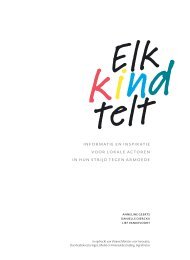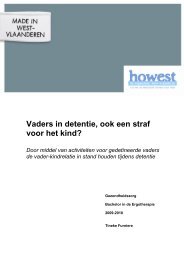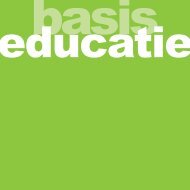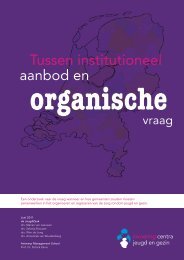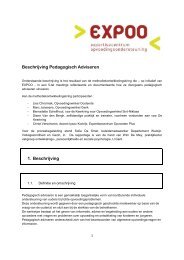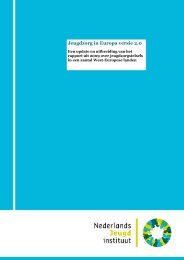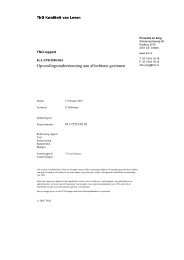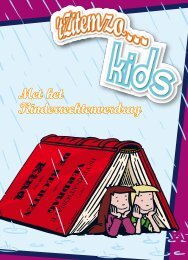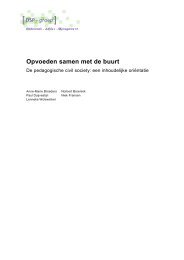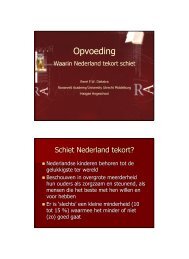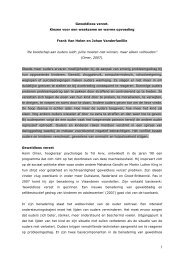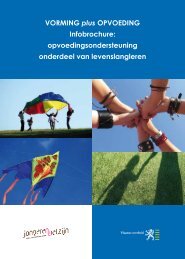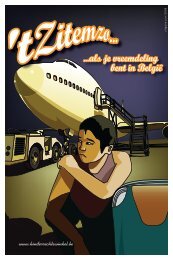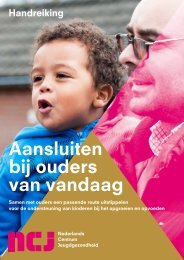Technique Is Not Enough (TINE) - British Psychological Society
Technique Is Not Enough (TINE) - British Psychological Society
Technique Is Not Enough (TINE) - British Psychological Society
- No tags were found...
Create successful ePaper yourself
Turn your PDF publications into a flip-book with our unique Google optimized e-Paper software.
need to learn English in their parents’ group. They all looked much more relaxed and were allwearing beautifully coloured robes and head scarves and their children were all a lot calmer andtheir boys served them food during meal time.A number of theories can help us unpack the reasons why this kind of experience is soimportant. Social learning theory (Bandura, 1977) is a long standing, well respected bodyof knowledge developed extensively over the last 40 years, predominantly in the UnitedStates. It has been applied mainly in education but more recently has made significantinroads into social work and clinical psychology both in adult and children’s services in theUK. Many parenting programmes use methods derived from social learning theory to helpshape positive parenting behaviours. The following examples give an indication of thethemes involved:SNAPSNAP is a manualised cognitive behavioural gender sensitive model that targets 6-11s who are inthe top 2 per cent of problem children in contact with the police. SNAP draws on a range oftheoretical canons including social learning, cognitive behavioural, ecological, feminist, andattachment theories within a systems approach. It [impulse control and thinking before acting]works because the concept is easy to learn; skills are taught and practiced in a real and meaningfulway, and children are enabled to generalise their learning to everyday life.Triple PA distinctive feature of Triple P is its deliberate emphasis on self-regulation, by promoting parents’self-management skills (goal setting, self-observation, self-evaluation), increasing self-efficacy (beliefsabout capacity to execute the daily tasks of parenthood), personal agency (attributing change to one’sown efforts) and self-sufficiency (becoming an independent problem solver).However, how social learning theory is applied can vary widely. For example:FASTAn example of how social learning theory is used well in FAST is that FAST does not ‘teach’ familiesparenting but consists of communication and bonding games, and exercises to encourage these skillswithin the family group itself .When attempting to increase parent child co-operation, parents aregently instructed and coached repeatedly to deliver embedded compliance requests to their focal child.The context is a positive one. Multiple families are present and are engaged in familiar socialactivities allowing the child and parent to practice the new behaviours (giving explicit directions,making positive requests, and rewarding obedient behaviours), over 300 times during the eightweekly multi-family group sessions.The important contextual aspects here are that the learning practice is conducted as anintegral part of an enjoyable socially inclusive and culturally valued set of programmeactivities conducted in front of peers rather than as potentially shaming discreet orcontrived practices in front of less well known people or complete strangers. Gradually,using successive approximations to the desired behaviour the parents gain bothcompetence and the confidence to make more and more behaviourally specific andtherefore more effective requests of their child.36 Professional Practice Board



